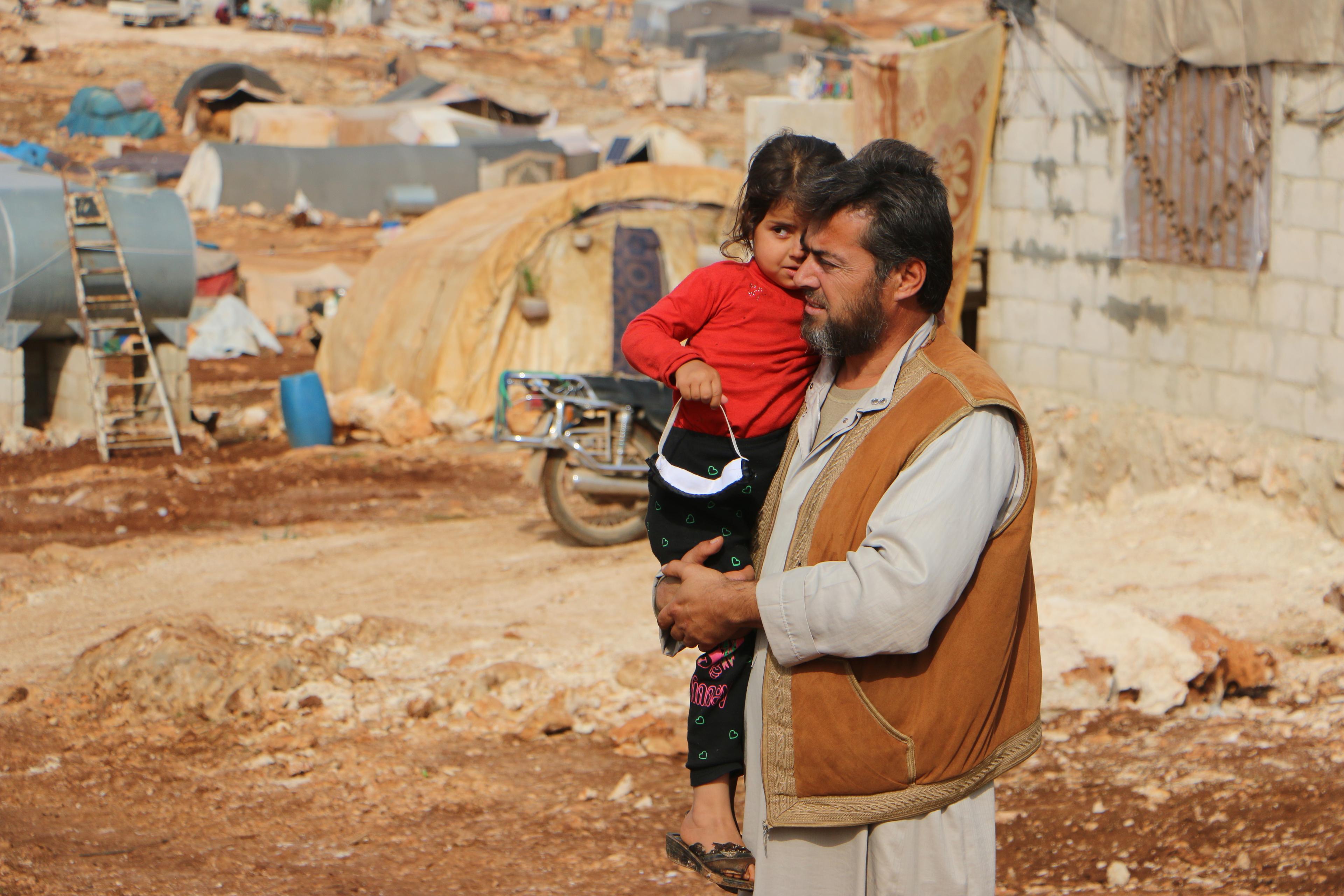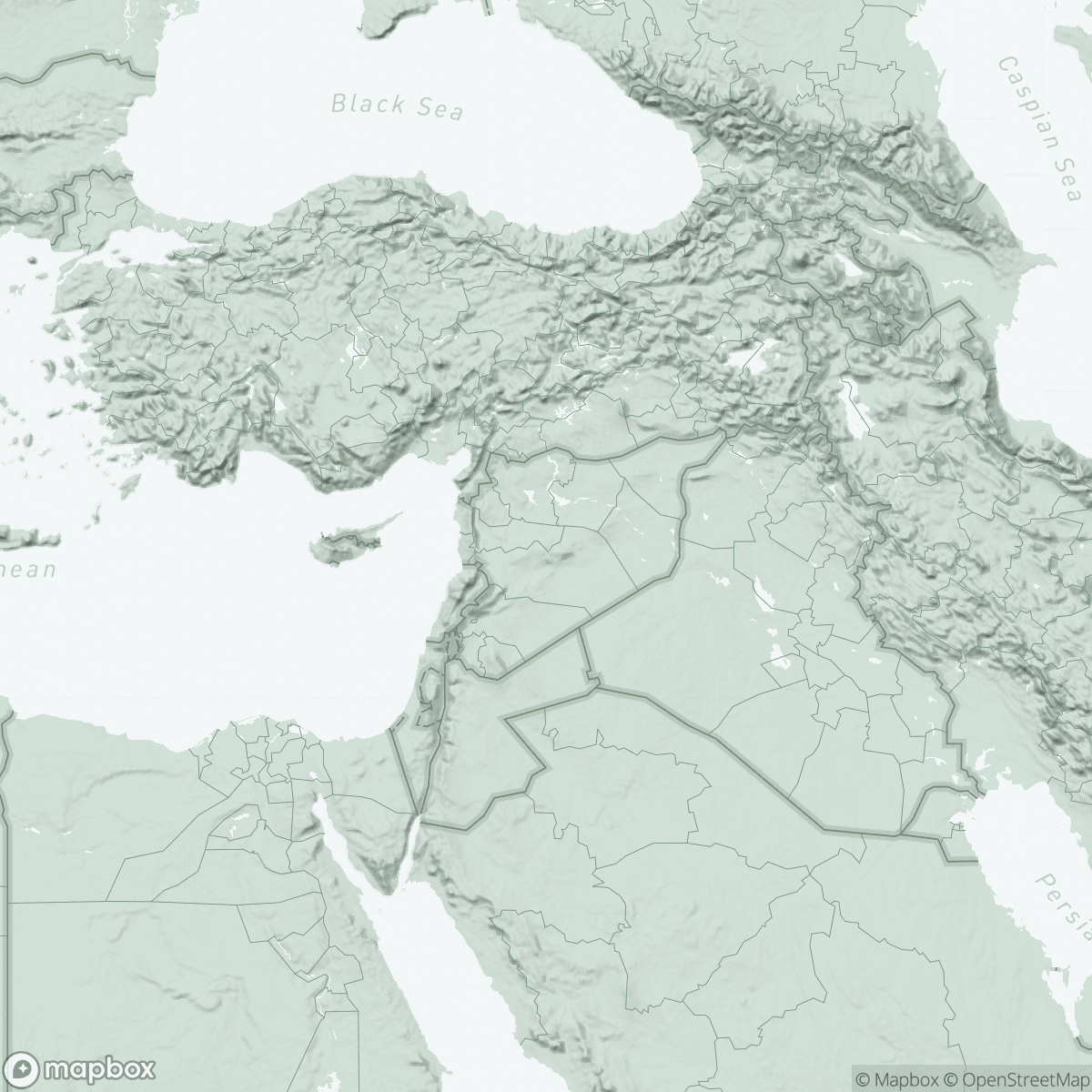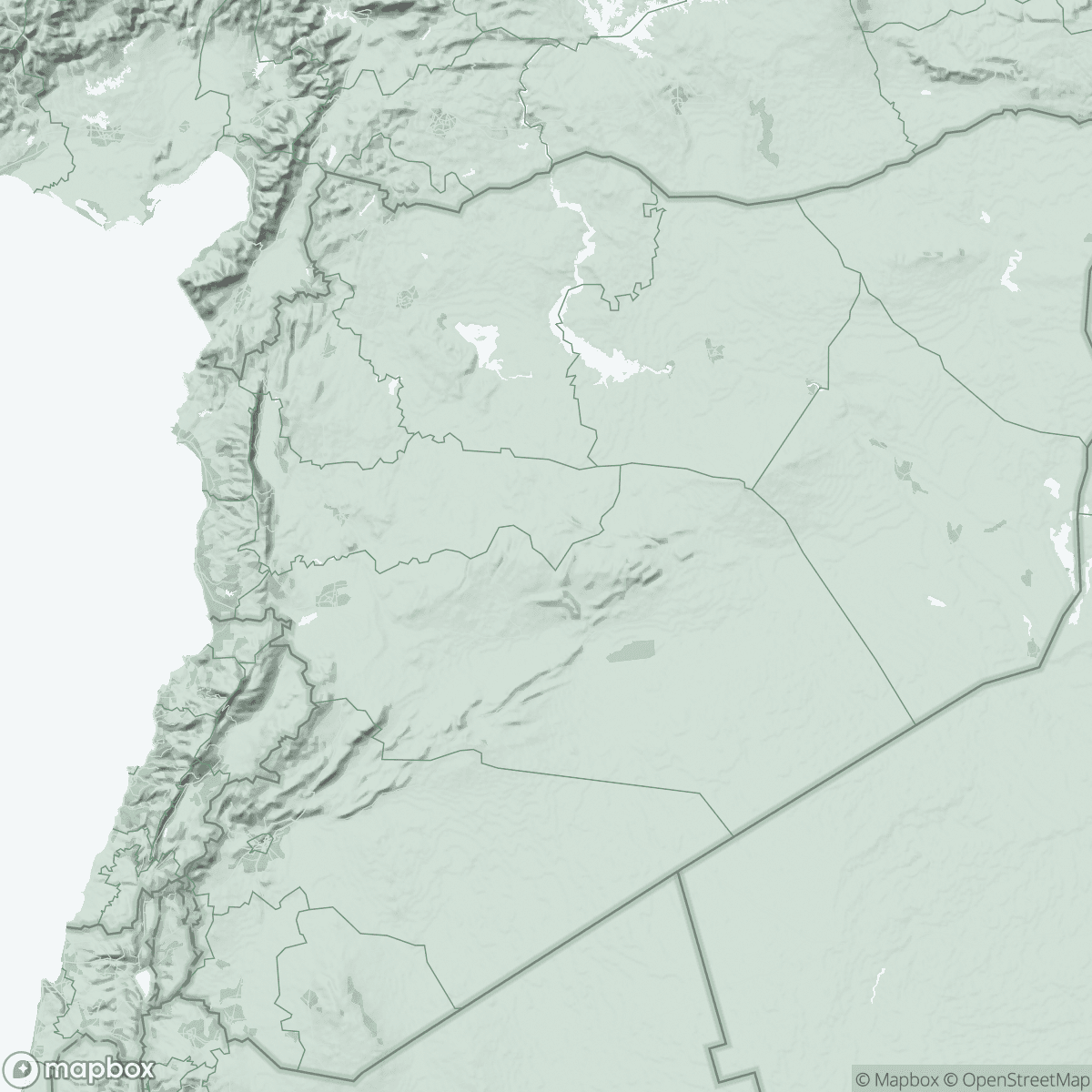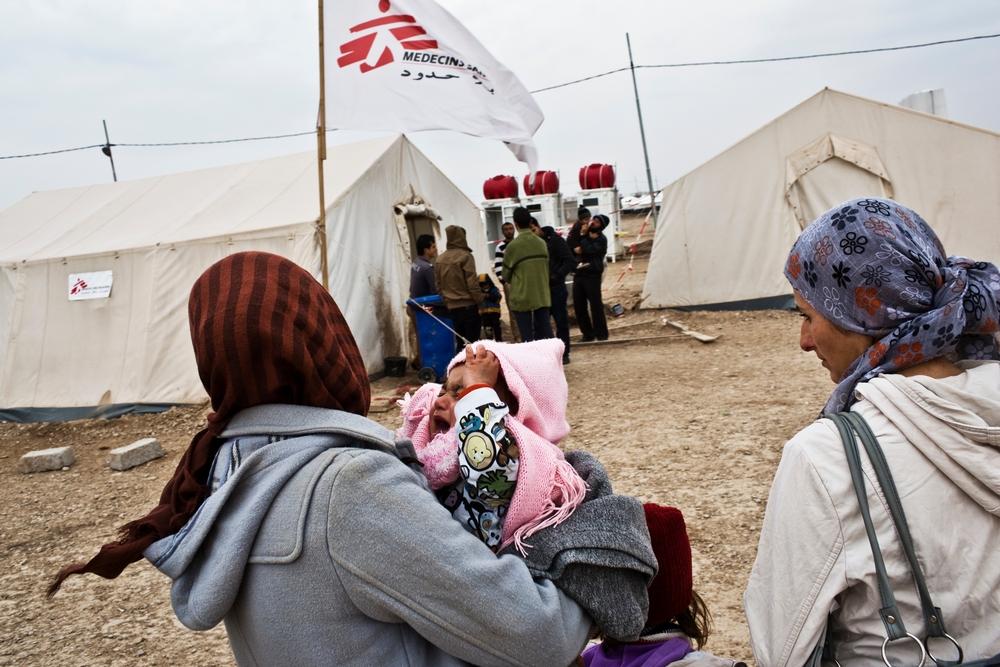
Millions of lives at stake by potential closure of humanitarian aid crossings
In 1 click, help us spread this information :
MSF calls on permanent and non-permanent members of the UN Security Council to renew the UNSCR cross-border resolution, as well as to reinstate the cross-border points of Bab al-Salam crossing to the northwest and Al-Yarubiyah crossing to the northeast. The land borders remain the only viable humanitarian crossing to cover the growing needs in northern Syria.
As one of the few remaining medical actors in the area, MSF would face increased challenges in reaching the most vulnerable populations in northwest Syria.
“After a decade of war, the renewal of the Security Council resolution is now more critical than ever. The lives of millions of people, the majority of whom are women and children, depend on it. While MSF is not a mandated implementing partner of the UN, and does not rely solely on the UNSC resolution permitting cross-border importation of aid into Syria, our teams will surely feel the burden of any closure immediately and will not be able to fill the void if UN agencies and other organizations sharply reduce their aid in northwest Syria” explains Dr Faisal Omar, MSF Head of Mission for Syria.
Most hospitals and health facilities would lack the necessary medical supplies to operate, and patients’ lives would be put at risk. Furthermore, the COVID-19 response and vaccination campaign in the area also risks being jeopardized by the closure of the last remaining border-crossing point, including the flow of Personal protectiveil a equipment materials, oxygen tanks, respirators, essential medications and COVID-19 vaccines.
“The Bab al-Hawa crossing is currently the only lifeline for Idlib governorate, in northwest Syria. If this lifeline is cut off, we would face many forms of death. If the medical supply stops, we might lose our ability to treat patients, as our current stock can only last three months. And if the supply of food and potable water stops, diseases and epidemics would affect the internal displaced people and local population. Some people in this area have been displaced more than 14 times, and they are entirely reliant on humanitarian assistance”, says Abdulrahman M., MSF Field Coordinator for Syria.
From July 2014 through to early 2020, the cross-border resolution authorized four border crossings for the provision of humanitarian aid into Syria. It was reviewed and renewed annually by the UNSC, to maintain the flow of humanitarian aid into areas that are not under the control of the Syrian government. On July 10 2021, the resolution will be submitted to a vote and this last access route into Syria is at risk of being closed.
For more information about on the impact of the non-renewal of the cross-border mechanism on the MSF response, download the briefing paper below.


